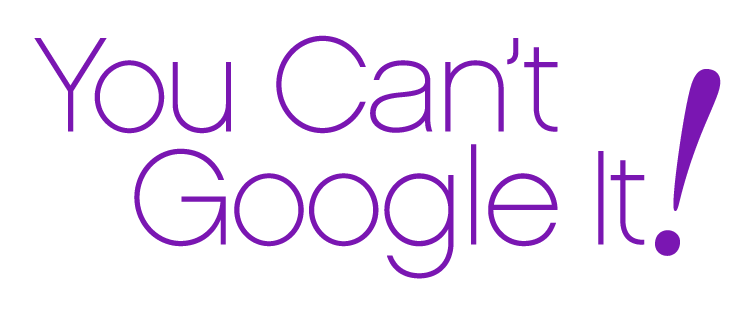BRIDGING GENERATIONAL EMPLOYMENT GAPS WITH SKILLSETS NEEDED NOW
/In 2017, I wrote about the disconnects between worker skills and employer needs for then and the future. I referenced Towers Watson’s Global Talent 2021 study and added my observations.
The mismatch is not just about technology, and it applies to various levels of seniority. This article is a revisit of the topic with more observations.
Many of the skills needed are not what the majority of the educated populations and current students in the U.S. and elsewhere are learning. Some used to be emphasized but are no longer.
Towers Watson’s “Global Talent 2021” study suggested that four types of skills will be more urgently needed in the next 5-10 years.
Considered the most important global operating skill is the facility to manage diverse employees in this globally interdependent and multi-cultural world of businesses and customers as well as domestically.
Interpersonal skills and communication skills are expected to be in high demand and are thought to be increasingly lacking. Especially cited were: customer relationship building; co-creativity and brainstorming skills and virtual teaming skills. The ability to align strategic goals with personal and team goals, build consensus and foster collaboration are considered crucial skills.
Agile thinking skills to prepare for multiple scenarios, innovative thinking and managing paradoxes are needed.
Perhaps the most obvious are digital skills for new forms of digital expression and marketing literacy. Most valued according to the survey respondents are digital business skills and ability to work virtually. These have been getting the most attention.
Employers will be required to develop these skill sets among their employees to become effectively multi-cultural, multi-disciplinary, multi-generational and multi-media. Talk about diversity! It is likely that employers will need to partner with educators to prepare executives and professionals with necessary skillsets. These managers, in turn, will then have to infuse their workforce with the needed skills to be competitive. Parents need to be alerted as well, as they are key influencers of students and young workers.
We need to accelerate the breaking down of silo walls in functions and modes of thinking to foster collaboration of academic departments, business units, business and law and engineering, science and academia.
From a generational diversity point of view, will possession of these skill sets result in greater or lesser bonds across the four or five generations in the workplace? To generalize, it is usually agreed that the Baby Boomers and Traditionalists have the greater interpersonal and customer/client communication as well as agile thinking skills. The younger generations have the edge in digital skills, collaboration virtually and comfort with multi-culturalism.
Since interviewing for and writing You Can’t Google It!- The Compelling Case for Cross-Generational Conversation at Work, I am convinced that 10 skills and traits not covered specifically in the Towers Watson and other studies are essential for individual, employer and enterprise success. Of those 10 skills/traits, I will touch on five here:
Perspective – To really engage, embrace and include, it’s not enough to learn the typical attributes of the different generations. We must understand each other’s underlying perspectives and formational influences.
Empathy, which leads to Trust – Top-flight problem-solvers and business generators need to convey empathy. Service providers with empathy provide customers with the best experiences and build trust.
Personalization/High Touch – Today a competitive edge requires organizations to provide customized experiences. It’s about client perceptions and sustaining perpetual relationships.
Relevance – Maintaining relevance is a personal mindset and must be persuasively conveyed to the perceiver. To be continually perceived as relevant requires self-confidence and perpetual learning.
You can’t learn, acquire or practice any of these by googling!
Since we need all of these skills and few individuals will possess them all, training the different generations together to respect and embrace differences and build on complementary skills seems like a useful approach to filling this global talent skillset void.
What are your thoughts? Please comment and share your experience, stories and observations on this topic to me at pwhaserot@pdcounsel.com, @phylliswhaserot and/or the Cross-Generational Conversation group on LinkedIn.
Phyllis
© Phyllis Weiss Haserot, 2019.



